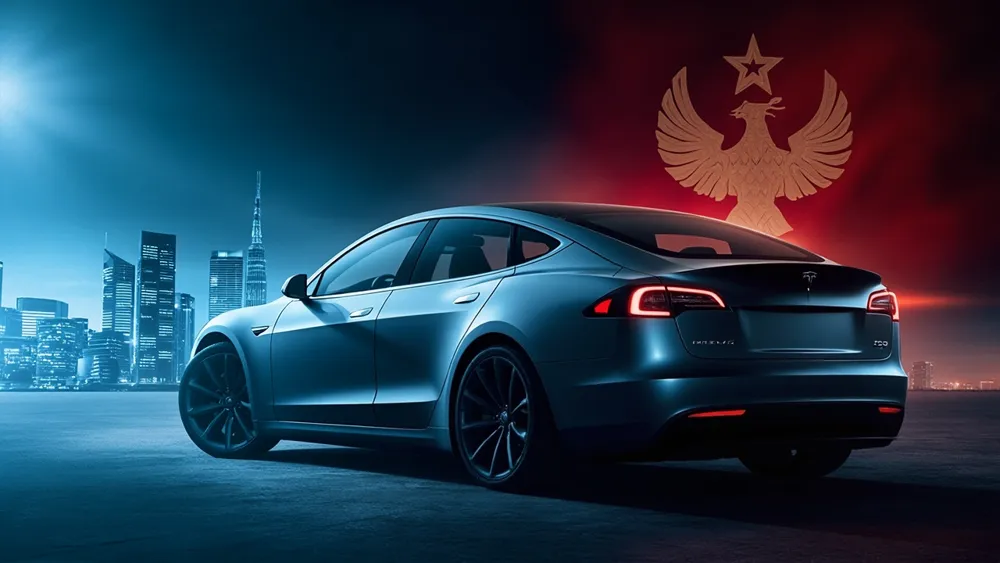Musk vs. Trump: Fallout's Implications for Tesla's Future

In the latest development concerning Tesla and its enigmatic CEO, Elon Musk, the ongoing fallout from Musk’s antagonistic exchanges with former President Donald Trump has created a significant storm that could alter the trajectory of the company amidst already troubling sales and public relations challenges. As Tesla grapples with a significant 14% drop in its stock price – incurring a loss of approximately $152 billion in market capitalization – the implications of this confrontation extend far beyond Musk’s personal fortune, igniting discussions about governance, reputation, and future stability in an increasingly competitive EV market.
Tesla’s troubles are not new; the company reported a 9% revenue decline year-on-year in Q1, with an eye-watering 20% drop in auto revenue as competition from more affordable electric vehicle (EV) makers in China intensifies. The rift between Musk and Trump threatens to exacerbate these challenges, potentially complicating Tesla’s access to government support and tariff exemptions crucial for purchasing key materials. With the Trump administration’s growing ire, there is the looming risk of heightened scrutiny and regulation, which could put further pressure on Tesla’s already strained financials. In light of this, investors may rightly question whether Musk’s ability to lead Tesla is compatible with the complexities of maintaining relationships that can make or break a company reliant on government goodwill.
Historically, such personal conflicts at the executive level have shown the potential to erode shareholder confidence rapidly, akin to the corporate fallout experienced during the dot-com bubble. The juxtaposition between past industry upheavals and today’s evolving dynamics reflects a growing disillusionment with personalities over performance, especially when investor stakes are ten times that of tangible output. Critics, including public officials, express concerns about governance deficiencies at Tesla, which prompt serious considerations regarding the impact of Musk’s personal brand on Tesla’s intrinsic value. On the flip side, some analysts suggest that the market overreacted to this tumultuous week, implying that Tesla still possesses robust assets in technology and innovation that could provide defensive positioning against this period of volatility.
As Tesla stands on the brink of pivotal challenges, key stakeholders, particularly institutional investors and regulators, must navigate this complex landscape. It may be prudent for investors to brace for a potential erosion of profit margins, especially as Musk shifts focus toward more ambitious, longer-term strategies encompassing autonomous vehicles and robotics. The absence of immediate revenue-generating innovations could deter performance in the near term. This backdrop raises an important question: With public sentiment teetering between support and resistance based on Musk’s divisive political presence, how might this alter Tesla’s value proposition in the eyes of consumers and investors alike? By anticipating the possible ripple effects of Musk’s personal battles beyond his control, stakeholders can better position themselves to evaluate opportunities and risks in a market poised for disruption.
Read These Next

China-US Trade Falls 8.1% in Jan-May Amid Tariff Tensions
China's trade with the US declined 8.1% in early 2025 due to tariffs, prompting firms to seek alternative markets.

Haitong International Keeps Yingjiagongjiu at “Superior” Rating, Targets 66 Yuan
Haitong International notes rising competition in liquor, yet Yingjiagong Liquor shows resilience with yearly sales growth; target price 66 yuan.

Governance and Diversity: Enhancements in Company Oversight and Their Financial Implications
An insightful analysis of the company's annual report focusing on governance, diversity initiatives, and their implications for financial performance and risk management.
